Why processed meat snacks should be banned
There’s an increasing number of these snacks appearing in Aussie supermarkets – and there’s a very big reason why they should be banned.
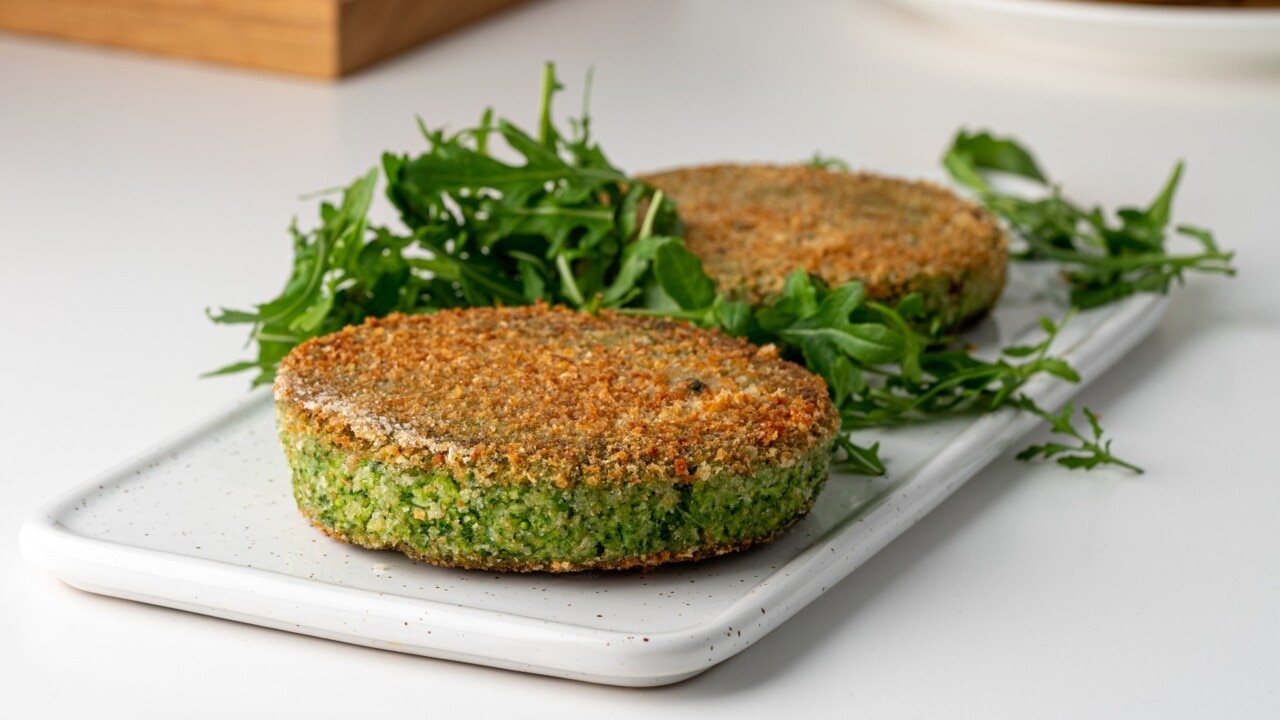
If you love to snack, or are interested in all thing’s protein, you may have noticed an increasing number of meat-based snacks appearing in supermarkets.
Ranging from mini cheese and cracker snack packs to dried meat bites and sticks – found in both the snack aisle and cool section of supermarkets and heavily marketed for their protein content – what is not being clearly communicated is that processed meat is not good for us.
In fact, there is so much concern over the role processed meats appear to play in the development of digestive cancers that the World Health Organisation (WHO) has specifically recommended that processed meat be actively limited in the diet.
Knowing this, the question is: “why are there more and more of these snacks appearing in supermarkets, and should they actually be banned, especially for children?”.
What is processed meat?
Processed meat including salami and bacon are meats that have been treated via processing techniques such as curing, fermenting, smoking or salting to extend the shelf life and add taste and texture.
The key health concern with these meats is that they contain chemicals known to damage the wall of the bowel, which increases the risk of bowel cancer. In addition, the nitrate-based preservatives used to make processed meat are too associated with an increased risk of developing a number of types of cancer. These food additives are labelled as the 249-252 group of food additives on nutrition labels and are generally found in most commercial bacon, sausages, ham and meat-based snack foods.
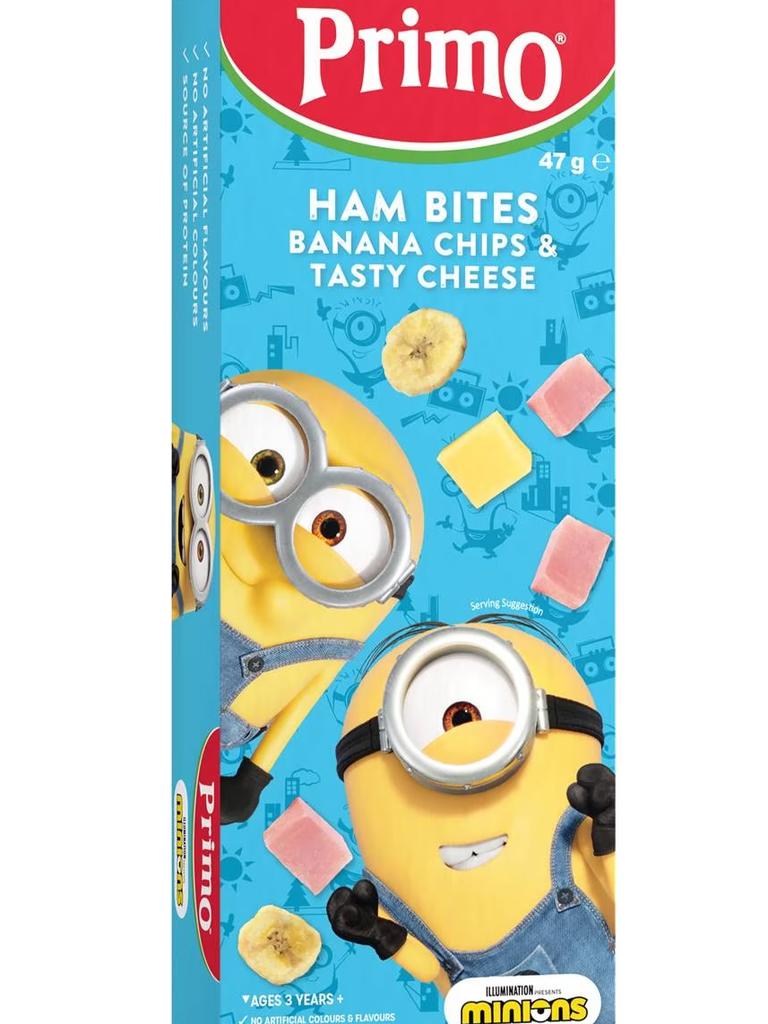
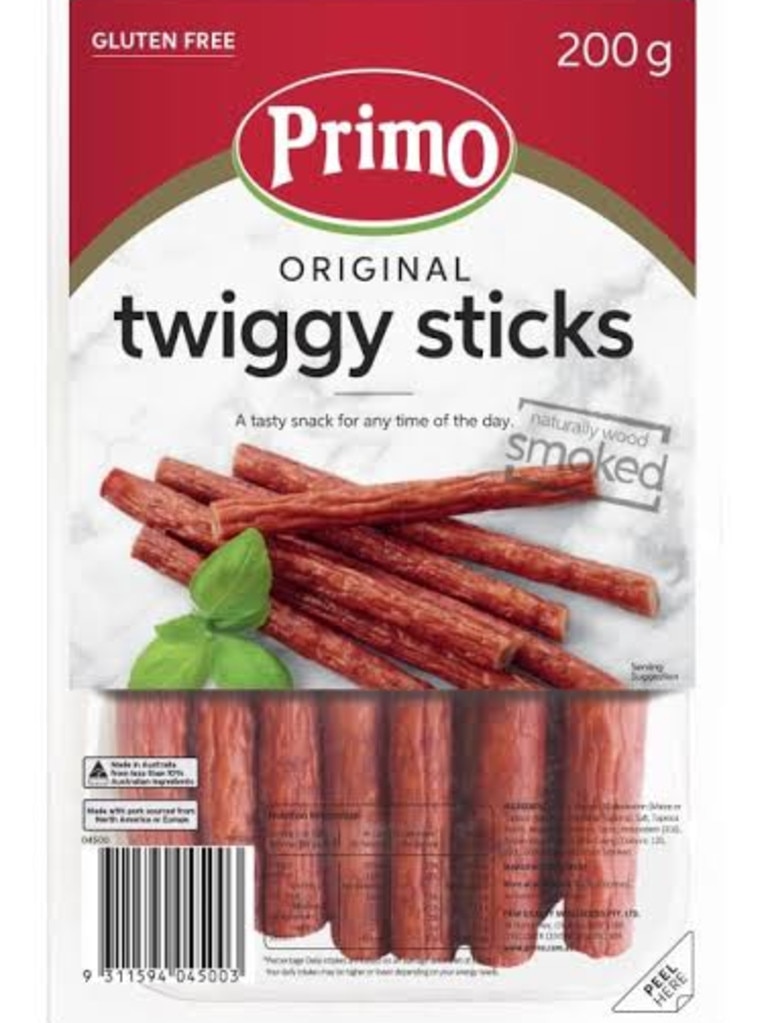
Should processed meat be banned?
Given the WHO has classified processed meat including ham as a Group 1 (known to cause cancer) carcinogen, and the Cancer Council of Australia recommends that we avoid consuming processed meats in general, while banning an entire food is extreme, food companies certainly should not be encouraged by supermarkets to continue to expand the range of processed meat offerings, especially to children.

The protein reality
The ironic thing about processed meat snacks is they are not overly high in protein, rather using fillers and fat to create a palatable snack. For example, a 20-30g serve of twiggy sticks offers just 5-6g of protein compared to 5g for 20-30g of cheese or up to 5-8g for a child friendly yoghurt tube, naturally protein rich foods that do not contain nitrates.
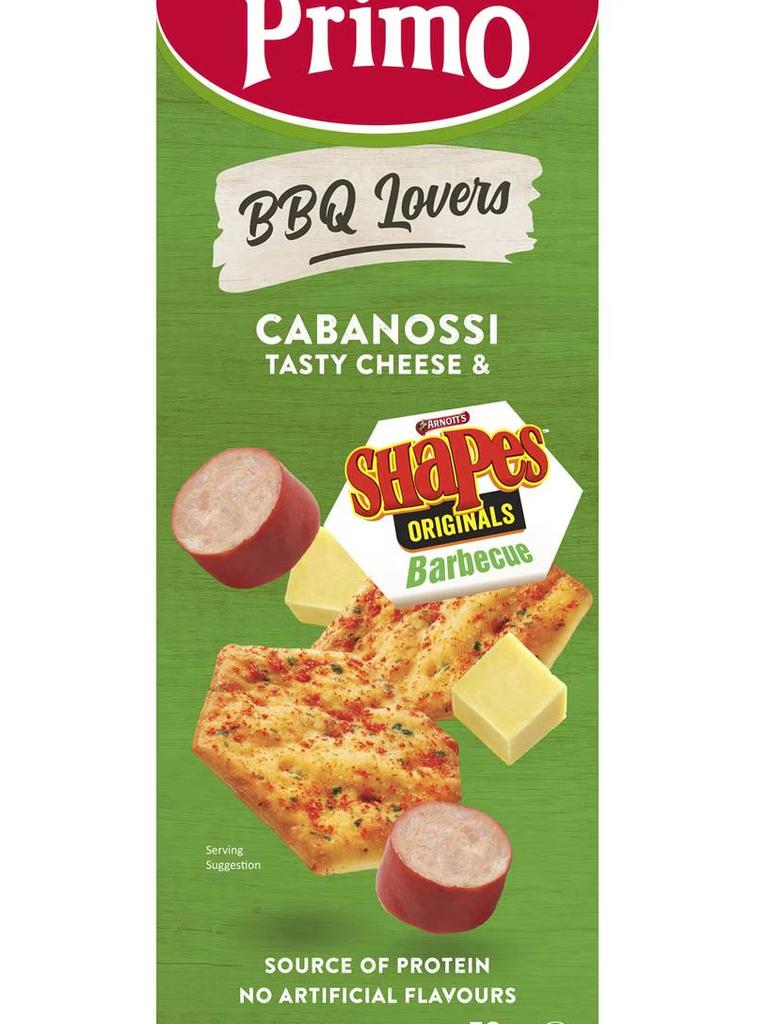
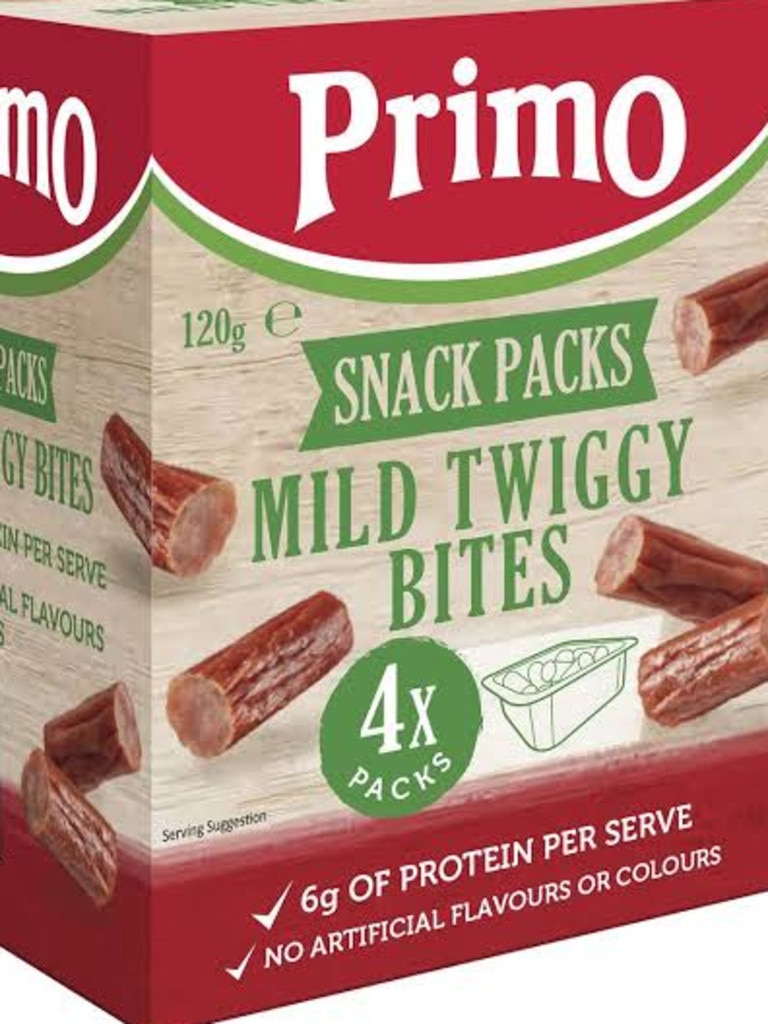
How much processed meat should I have?
Based on the current WHO guidelines, the less processed ham, bacon, sausages and cured meats we include in the diet, the better. The issue with such a statement is that these are commonly consumed foods, especially within some cultural groups. As it is dietary patterns that are most closely related to disease risk as opposed to individual foods, while limiting processed meats should be the goal, ensuring adequate volumes of fresh food, including a minimum of two serves of fruit and five serves of vegetables are consumed daily is one way to help buffer the intake of ultra processed foods like processed meats if they are enjoyed occasionally.

What are the best protein-based snacks?
There are many, many wholefood options that are higher in protein than processed meat. Dairy based snacks including protein rich yoghurt, cheese nuts and seeds are all better options nutritionally. Or, if you are looking for higher amounts of protein, canned fish, eggs and cottage cheese all offer much higher amounts of protein per serve than any type of processed meat snack, minus the ultra-processing and additives that few of us, especially our children need in their diet.
Susie Burrell is a dietitian and nutritionist and holds a Master’s degree in coaching psychology.






